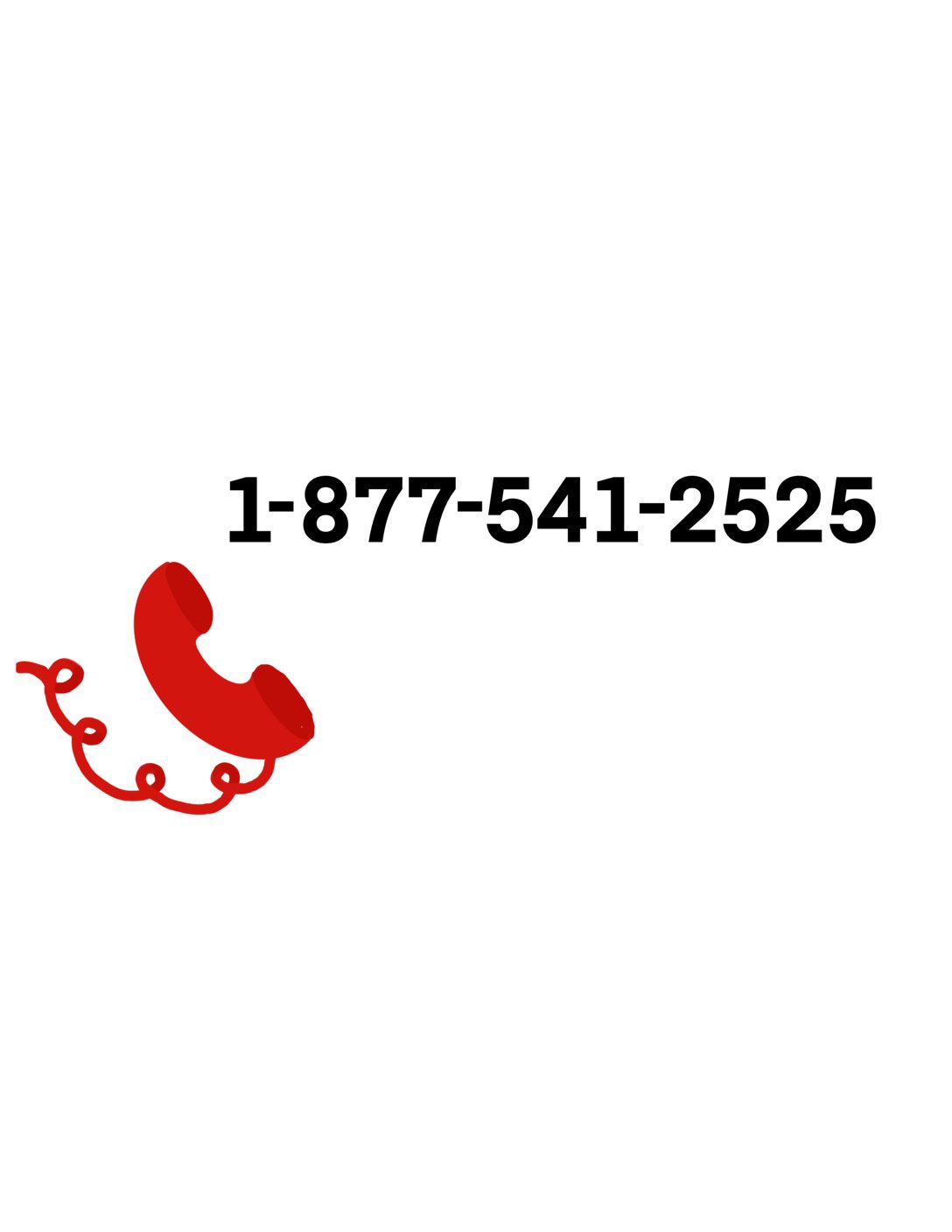Peninsula Students Volunteer for Community Helpline

With the outbreak of the coronavirus (COVID-19), call lines such as Community Helpline have become even more utilized. According to the Community Helpline site chelpline.org, the South Bay Community Helpline seeks to provide an outlet for people experiencing anxiety, depression and loneliness.
This volunteer opportunity is offered to students who are at least 16 years old, and it requires roughly 25 hours of training in order to become a listener. This training includes listening to lectures and role-playing. Once this training is complete, the next phase is completing a minimum of three shifts with a mentor. This means the new volunteers will accompany a mentor to their shift and begin taking calls. After at least three shifts with a mentor and once all Community Helpline supervisors agree, the trainee can begin taking calls on their own.
“I was intrigued [after hearing] about Community Helpline from a friend,” junior Haley Jones said. “I chose to join this organization to become an empathetic listener in my community. Since I hope to pursue a career in psychiatry, I not only wanted to gain valuable experience, but also provide a listening ear to those who need it.”
Community Helpline allows its volunteers to gain knowledge about psychology and the world around them. It also increases awareness about the importance of human connection, mental health and empathy. Community Helpline is an opportunity to give back and to help people by actively listening.
The topics of calls differ each time volunteers pick up the phone. The amount of calls per day also varies and recently those numbers have increased. For example, Community Helpline typically receives 300 to 400 calls each month. However, in the month of May alone, Community Helpline volunteers collectively received 827 calls. Other helplines such as the Didi Hirsch Mental Health Services call line in Los Angeles also received an increase in calls relating to COVID-19. According to ABC News, the amount of COVID-19 -related calls to the Los Angeles branch of Didi Hirsh increased 8,000 percent between February and March. This indicates the necessity of human connection and how many people felt the need to talk to someone during these difficult few months. Junior and volunteer Jason Apostol believes that this increase is mainly the result of COVID-19.
“We probably receive one or two calls about the virus every day, however, that rate was probably higher a few weeks ago [when the virus was at its peak],” Apostol said. “[Due to the] greater amount of mental health concerns during this period, I think that being able to call someone over the phone can be very beneficial for many people.”
Peninsula school psychologist Yuki Aguilar helps students to control their emotional-social well-being; During this time, she finds that it is important for students to keep their minds off of things that might cause anxiety and stress, as well as boredom and loneliness. Aguilar believes that Community Helpline is a great way for people to reach out to someone for support anonymously.
“It can be easier to talk to someone you do not know, and I think this organization is a great way to be heard without experiencing judgement,” Aguilar said. “Overall, it is awesome that young people care about mental health; there is no shame in reaching out for help since we all need someone to talk to sometimes.”

